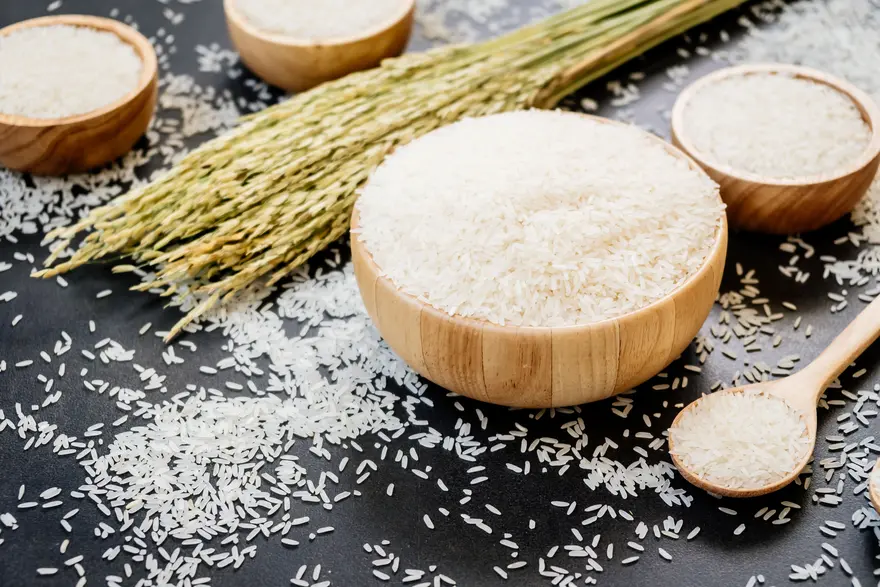Health Test
4 Signs Your Liver is in Trouble and How You Can Help

Table of Contents
Your liver is one of the vital organs that help perform several life-sustaining processes. From breaking down food to detoxifying the body, your liver goes a long way in keeping your body function at its best. But, not many people are aware of the importance of liver health. In fact, health experts say liver symptoms are often unnoticed and very few people seek help on time.
Thinking that you might also have ignored your liver until now? Well, there is some relieving news! Your liver allows you to arrest, and even reverse the damage in most conditions. The first step towards keeping your liver health intact is to get a liver function test and see how well your liver works. Book a test here.
Let us get you aware of some of the signs that can tell if your liver is in trouble:
1. Pale-colored or clay-colored stool:
The normal color ofstools range from brownish to yellowish brown in most people. It is given the dark colour by the bile salts that the liver normally releases. If your stool color has changed to pale or clay color, the liver might be facing some troubles. Clay-colored stools can indicate that you could have a liver infection that has decreased bile production, or flow of bile out of the liver is obstructed.
2. Fluid retention:
This is the most common sign of liver disease. About 50 percent of people who have liver cirrhosis, a condition in which scar tissue replaces healthy liver tissue, experience fluid retention. This fluid can cause distension in your abdomen or even swelling in the legs.
3. Jaundice
Bilirubin is a pigment that forms when red blood cells break down, passes through the liver, gets converted into bile, and is excreted through the body via stool. However, when bilirubin builds up in your bloodstream, it can cause yellowing of skin, eyes, and urine, called jaundice. One of the main causes of jaundice is a damaged liver due to viral hepatitis or excessive alcohol consumption.
4. Confusion:
Your liver helps remove toxins from the body. If the liver is under trouble and not functioning well, it may be unable to filter the toxins, which can travel to your brain. This results in a condition called hepatic encephalopathy and leads to memory problems and confusion.
Apart from these, nausea, vomiting, pain in the abdomen, chronic fatigue are some of the other common symptoms that can give hints about an unhealthy liver.
Simple things you can do to avoid liver disease:
- Eat a healthy diet that is low in sugar and processed foods. Choose fruits, vegetables and high-fiber foods instead. Avoid junk food that is overly oily and spicy.
- Drink alcohol in moderation. Each time your liver filters alcohol, some of your liver cells die. Drinking too much alcohol over many years can reduce your liver’s ability to regenerate. This can lead to permanent liver damage.
In fact, if you can quit altogether- even better! The best part about quitting alcohol is that alcohol-caused fatty liver is a reversible health condition.
- Maintain a healthy weight. Studies show that losing 10 percent of your weight causes liver enzymes to improve. This correlates with a decrease in the liver inflammation caused by the extra fat.
- Opt for a low-sodium diet. It may help alleviate mild fluid retention.
- Keep yourself physically active. Exercise at least five times a week for at least 30 minutes each time. It helps decrease adverse cellular processes and keeps your liver going.
- Do not ignore health symptoms. If you feel any discomfort, reach out to your doctor proactively.
- Keep taking liver function tests regularly, at least once in a year even if you are absolutely healthy. This helps identify any liver related condition early on and start the treatment.
Always opt for protected sexual activity. Unprotected sex can increase chances of getting hepatitis B, a sexually transmitted infection. One can also get it from contaminated needles and syringes. It can also be commonly passed on from a mother to her baby during birth.


























